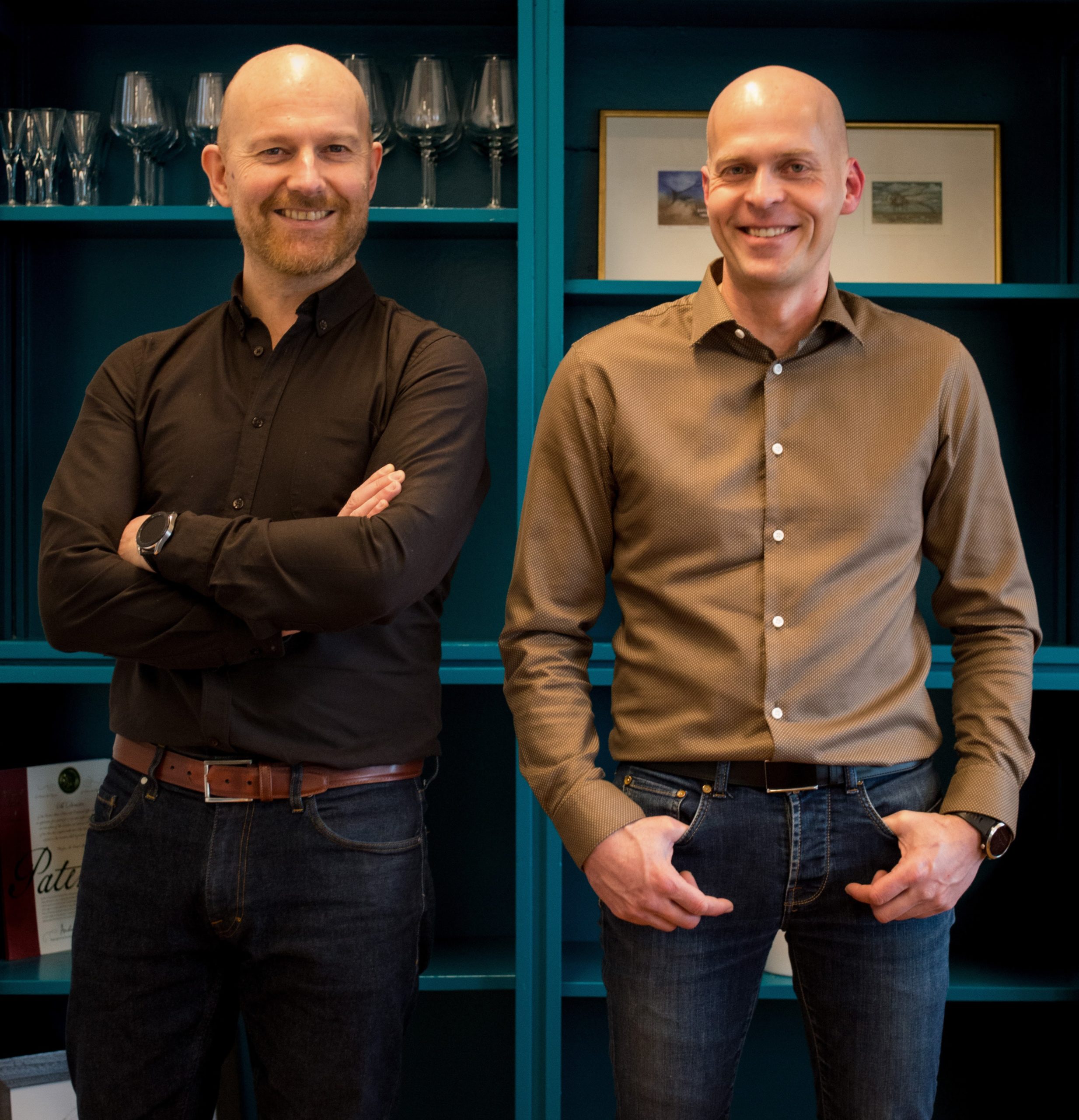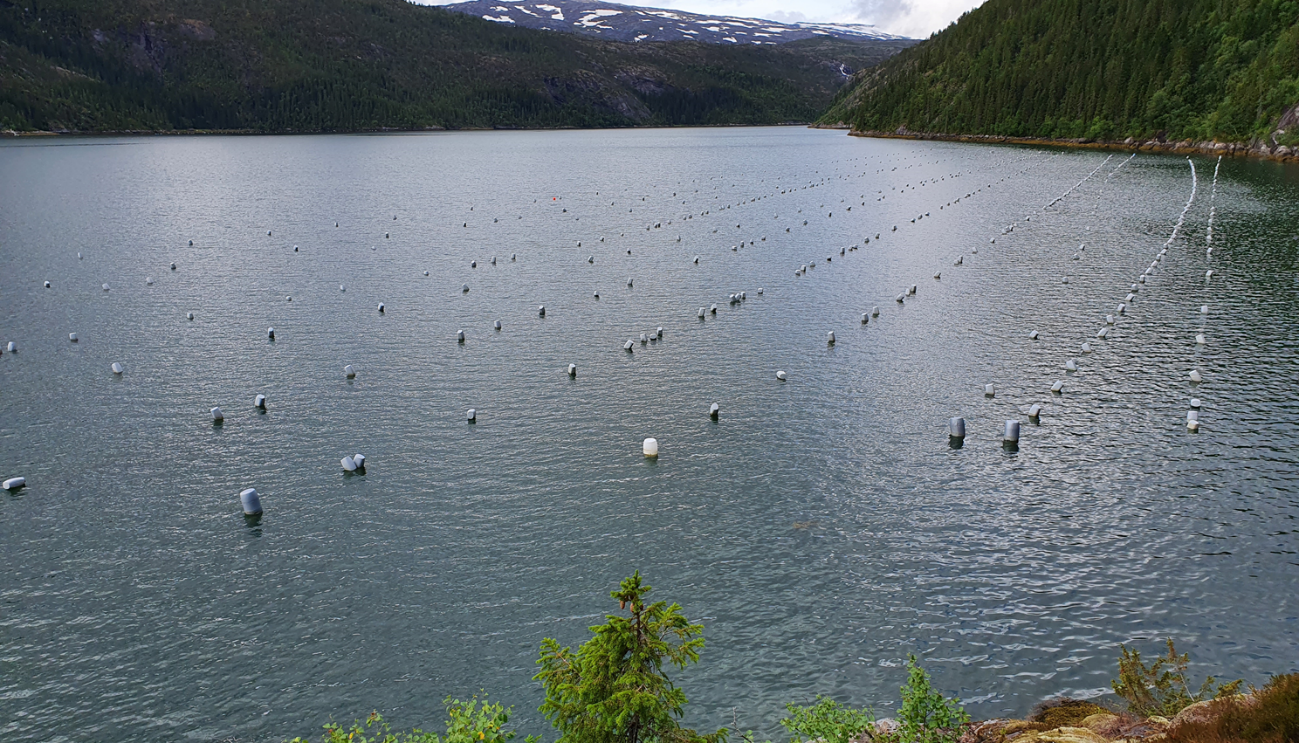Our story
Planktonic AS was established in 2008 by the two founders, Dr. Nils E. Tokle and Håvard Aakerøy.
A fast-growing world population will lead to a surge in demand for seafood. Aquaculture is expected to play a crucial role in covering these needs – creating a need for products that improve productivity and support sustainable growth.
Planktonic provides new tools to support these efforts – by combining new technology with a deep understanding of nature itself. Planktonic’s evolution is built on a decade of highly advanced R&D, bringing to the industry a responsible and advanced feed solution, supported by knowledge and evidence. Fully aware of our customers’ expectations we aim to support the production of new species, as well as improving the techniques applied in industrially produced species. We share common goals with our customers, their targets and we will work continuously to deliver them together.
Our mission is to make life easier, offering products and services that bring consistency, nutritional quality and increased biosecurity to the aquaculture industry, throughout the world.
Our plan is to expand and develop significantly the coming years, including establishment of new farms and increase production capacity, both in Norway and abroad, and launch new products and services based on our unique and patented technology.
Innovation is part of our DNA. We are driven by the motivation to make life easier at the hatcheries, and working closely with our partners to improve their operations, both profitably and sustainably. With our innovative technology and passionate people, we truly believe we can help our industry make a change for the better.
Planktonic has been selling CryoPlankton since 2016 and is now a progressive and leading supplier of live feed to marine hatcheries in Europe.

Rune Husby
Dr. Nils E. Tokle
Antonio Coli
Global Sales Director
+30 6936964685
antonio.coli@planktonic.no
Sustainability
Aquaculture is one of the most important long-term growth areas for food production.
CryoPlankton will provide the fish larvae with the right nutrion to develop optimally, thus reducing farmers costs, enabling them to produce more from less. CryoPlankton will also help farmers reduce their reliance on antibiotics, thereby mitigating a major public health concern in the future. Barnacles have traditionally been seen as a fouling organism, with negative value. Plantonic has turned this into a positive, a high value feed product.
We aim to fulfill several of the UN Sustainable Development Goals:
Increases production of seafood. Enables farming of new marine species and increases efficiency/output from existing fish and shrimp farming.
Increases food production with beneficial health effects for humans and less negative environmental impact.
Increases yield from the resources used in marine farming. Utilizing a new natural marine resource, which in the relevant scale occur in abundance.
Utilizing a new natural marine resource, which in the relevant scale occur in abundance.
Read more about United Nations Sustainable Development Goals at their website here.

Barnacle farming
Planktonic has five aquaculture licenses for farming barnacles.
When spring comes, planktonic stages of barnacle nauplii will settle naturally on the substrate we provide for them at our farming sites. When they reach mature adulthood, they will be harvested during winter time and their eggs used to produce CryoPlankton. Come spring again, the cycle repeats itself. It’s 100% natural and 100% sustainable.
PLANKTONIC’S CODES OF CONDUCT
Planktonic AS strives to exceed both international and industry ESG standards. We encourage our business partners to continually improve their efforts accordingly. Please find our Codes of Conduct that we expect ourself and our business partners to adhere to.
Labour:
Freedom of Association and Collective Bargaining: Planktonic AS expect our business partners to recognize the freely-exercised right of workers, without distinction, to organize, further and defend their interests and to bargain collectively.
Forced or Compulsory Labour: Planktonic AS expect our business partners to prohibit forced or compulsory labour in all its forms.
Child Labour: Planktonic AS expect our business partners not to employ: (a) children below 14 years of age or, if higher than that age, the minimum age of employment permitted by law.
Discrimination: Planktonic AS expect our business partners to ensure equality of opportunity and treatment in respect of employment and occupation without discrimination on grounds of race, colour, sex, religion, political opinion, national extraction or social origin.
Wages, Working Hours and Other Conditions of Work: Planktonic AS expect our business partners to ensure the payment of wages in legal tender, at regular intervals, in full and directly to the workers concerned.
Health and Safety: Planktonic AS expect our business partners to ensure, so far as is reasonably practicable, that: (a) the workplaces, machinery, equipment and processes under their control are safe and without risk to health; (b) the chemical, physical and biological substances and agents under their control are without risk to health when the appropriate measures of protection are taken; and (c) where necessary, adequate protective clothing and protective equipment are provided to prevent, so far as is reasonably practicable, risk of accidents or of adverse effects to health.
Human Rights:
Planktonic AS expect our business partners to support and respect the protection of internationally proclaimed human rights and to ensure that they are not complicit in human rights abuses.
Harassment, Harsh or Inhumane Treatment: Planktonic AS expect our business partners to create and maintain an environment that treats all employees with dignity and respect.
Environment:
Environmental: Planktonic AS expect our business partners to have an effective environmental policy and to comply with existing legislation and regulations regarding the protection of the environment. Business partners should wherever possible support a precautionary approach to environmental matters, undertake initiatives to promote greater environmental responsibility and encourage the diffusion of environmentally friendly technologies implementing sound life-cycle practices.
Chemical and Hazardous Materials: Chemical and other materials posing a hazard if released to the environment are to be identified and managed to ensure their safe handling, movement, storage, recycling or reuse and disposal.
Wastewater and Solid Waste: Wastewater and solid waste generated from operations, industrial processes and sanitation facilities are to be monitored, controlled and treated as required prior to discharge or disposal.
Air Emissions: Air emissions of volatile organic chemicals, aerosols, corrosives, particulates, ozone depleting chemicals and combustion by-products generated from operations are to be characterized, monitored, controlled and treated as required prior to discharge or disposal.
Minimize Waste, Maximize Recycling: Waste of all types, including water and energy, are to be reduced or eliminated at the source or by practices such as modifying production, maintenance and facility processes, materials substitution, conservation, recycling and re-using materials.
Ethical conduct:
Corruption: Planktonic AS expect our business partners to adhere to the highest standards of moral and ethical conduct, to respect local laws and not engage in any form of corrupt practices, including but not limited to extortion, fraud, or bribery.
Conflict of Interest: Our business partners are expected to disclose to Planktonic AS any situation that may appear as a conflict of interest, and disclose to Planktonic AS if any professional under contract with Planktonic AS may have an interest of any kind in our partners business or any kind of economic ties with our partner.
Have a question or want to know more?
Send us a message and we’ll get back to you.





